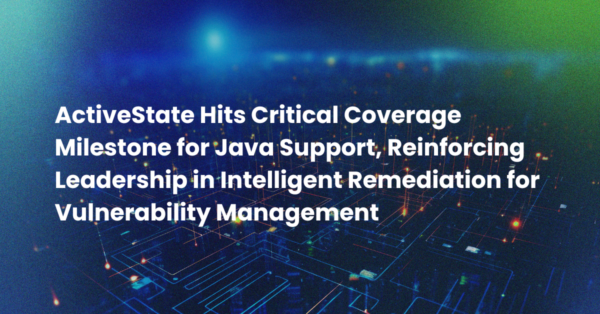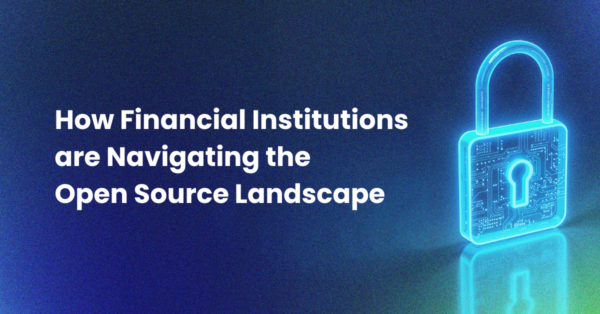How to use the ActiveState Platform to manage dependencies with artifact repositories
This video shows how the ActiveState Platform can be used by developers to automate many time-consuming, manual dependency management tasks. To create your own Python environment with up-to-date, secure packages and their fully resolved dependencies, start by creating a free ActiveState Platform account.
While most modern package managers can help manage dependencies for smaller projects using a single language, their limitations become apparent as complexity increases. This video demonstrates how the ActiveState Platform can:
- Find & Fix Vulnerabilities: Get notified when a dependency becomes vulnerable, select a non-vulnerable version, rebuild the dependency, and repopulate the artifact repository automatically.
- Resolve Dependency Conflicts: Automatically resolve all dependencies and manually address conflicts to ensure error-free deployment.
- Secure Builds: Build dependencies securely from source code to ensure security and integrity.
Note: Secure, reproducible environments are available to all users, including free-tier users. However, advanced features like role-based access control and project branching require higher-tier subscriptions. Please contact us for more information.
Watch Next: How to Simplify Working with Reproducible Environments Using the ActiveState Platform
At ActiveState, we use the Platform to create custom runtimes tailored to enterprise needs. Try it out yourself or get a personalized demo.
Read the blog based on this video: How To Better Manage Dependencies With Artifact Repositories.
Getting Started with the ActiveState Platform
Once you’ve created your free account, you can use the ActiveState Platform to build custom environments for your projects:
- Select a language (Python, Perl, or Tcl).
- Choose your operating system (Linux, Windows, or Mac for Python).
- Add the required packages for your project.
ActiveState ensures that all packages are up-to-date, verified to work together, and securely built from source. Join our Community Forum for support as you explore the platform.
Individual users can get started with the ActiveState Platform for free. Organizations can explore our paid plans for advanced features.





